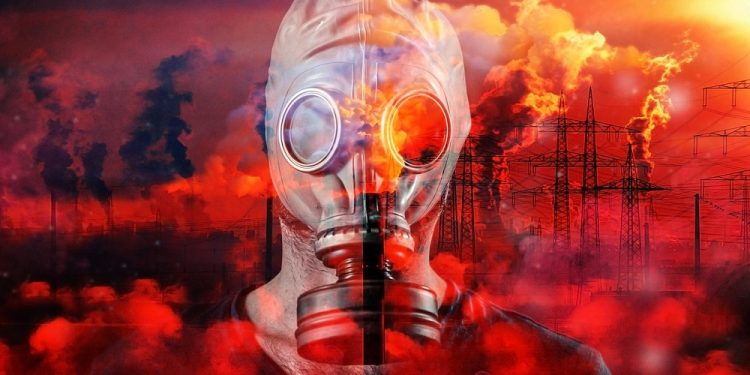
Day Of Remembrance For All Victims Of Chemical Warfare
Even though chemical warfare has been used since ancient times, it was not deployed on a large scale until WWI. During this war, several different chemical weapons were used with horrific effects on the soldiers exposed to them.
Since the First World War, chemical weapons have continued to be used in one form or another around the world—despite being banned by both the 1925 Geneva Protocol and the 1972 Biological & Toxin Weapons Convention.
Chemical weapons have caused untold misery throughout history, and that is why the United Nations has made the Day of Remembrance for all Victims of Chemical Warfare an annual event observed every November 30th. On this day, all efforts to rid the world of chemical weapons should be intensified, and all past victims should be honored.
The History of Day of Remembrance for All Victims of Chemical Warfare
This annual event was created on November 11, 2005, during the UN Tenth Session of the Conference of the State Parties. This day was established following a suggestion by the Director-General of the Secretariat, Rogelio Pfirter.
Another one of Pfirter’s suggestions, erecting a monument at The Hague to remember all victims of chemical warfare, was also approved. April 29th was initially chosen for this holiday, but it was changed to November 30th in 2015.
Observing Day of Remembrance for All Victims of Chemical Warfare
On this day, the general public is asked to observe a moment of silence for all the victims of chemical warfare that has occurred throughout the world and history. People also spend the day visiting some of the monuments dedicated to the victims of chemical warfare—with the most notable one being at the OPCW Headquarters in The Hague. This is also a day for governments and international organizations to renew their commitment to ending chemical weapons once and for all.








